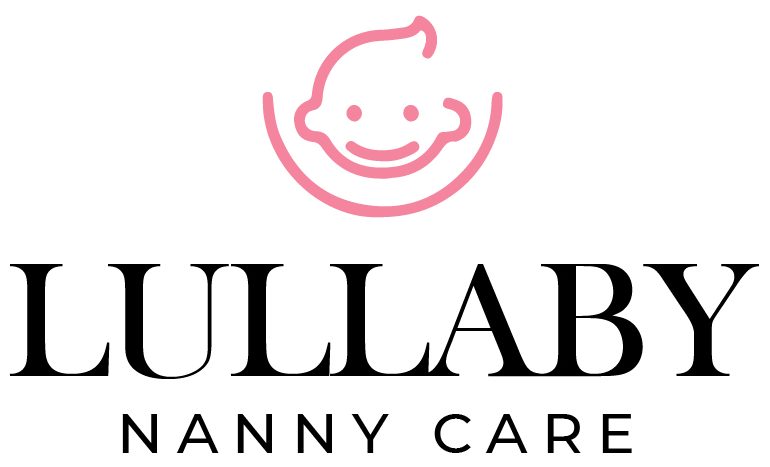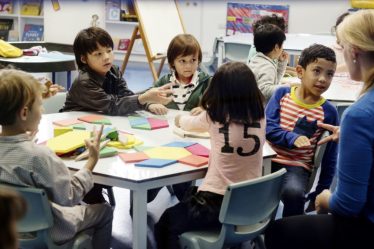
One of the most crucial ways that kids learn is through play. It supports formal education later in childhood but also helps each child grow in terms of self-worth. Play based learning activities support everything from learning social relations and norms to the start of scientific thinking by enhancing attention skills, which are necessary for success in the classroom.
In terms of language, emotional intelligence and regulation, creativity, and intellectual thinking, it serves as the cornerstone of early childhood development.
- Sand
Sand play is an excellent way to create the groundwork for scientific learning as well as for building self-confidence and physical growth. Children learn how things function while developing their muscles and hand-eye coordination while scooping, digging, pouring, and sifting. When done with a small friend, it becomes about cooperation, sharing, and social skills.
- Water Games
Similar to sand play, water play helps kids to safely experiment with fundamental ideas like volume. Water play is also an excellent way to teach kids about the effects of their activities. Water play becomes a strong favourite Play-based learning activity when some physical strength and hand-eye coordination are included.
- Playdough
The educational potential of learning-based activities – play dough is enormous. In addition to developing strong fingers for a lifetime of writing, it also fosters creativity, hand-eye coordination, and fine motor abilities. For a fine-motor exercise, add some beads to the dough. Alternatively, for more play value, have the youngster’s string beads onto lengths of dried spaghetti kept in the dough.
- Painting and Drawing
Giving kids free rein with paints and sketching supplies enables them to express themselves, explore the world in sensory sensitivity, and develop pre-writing skills. Additionally, it’s a call to study colour theory, mixing, and basic organisation!
- Singing, dancing, and music
Singing and music Play-based learning activities have a significant role in the development of language, the foundation of reading abilities, and simple mathematical ideas like counting. They also begin to develop their rhythmic sense and listening skills. The child gains flexibility, strength, and coordination via dancing.
- Creative Play
If you leave a young child with nothing but a haphazard collection of items, you’ll soon discover them lost in a world of pretend. It’s crucial to allow children time and space for imaginative play. As a result, they develop their imagination, which is essential for the growth of literacy and rational thought. Additionally, these play-based learning activities improve their sense of self and self-worth, as well as their ability to make sense of the world around them and deal with boredom.
- Nature Play
When you move the play area outside into the wide outdoors, kids’ learning takes off like a rocket. That is why Forest Schools are so well-liked and respected. It not only promotes health but also teaches respect for the environment and the fundamentals of biology. Additionally, it fosters children’s independence and intellectual curiosity.
- Sensory Games
Play-based learning activities that incorporate touch, smell, taste, sight, and hearing are referred to as sensory play. A plate of jelly, aqua beads, ice, rice, or even little global tubs can be used to fulfil this. Playing with your senses encourages curiosity and the fundamentals of science and inquiry.
Conclusion
If you don’t know what you’re looking for, it might be challenging to locate a good play-based learning programme. When your child enters kindergarten, it’s critical that they feel at ease in a classroom setting, at ease interacting with other kids, and eager to learn. Developing emotional abilities is just as vital as learning academic skills, if not more so. They will learn this through learning based activities.



